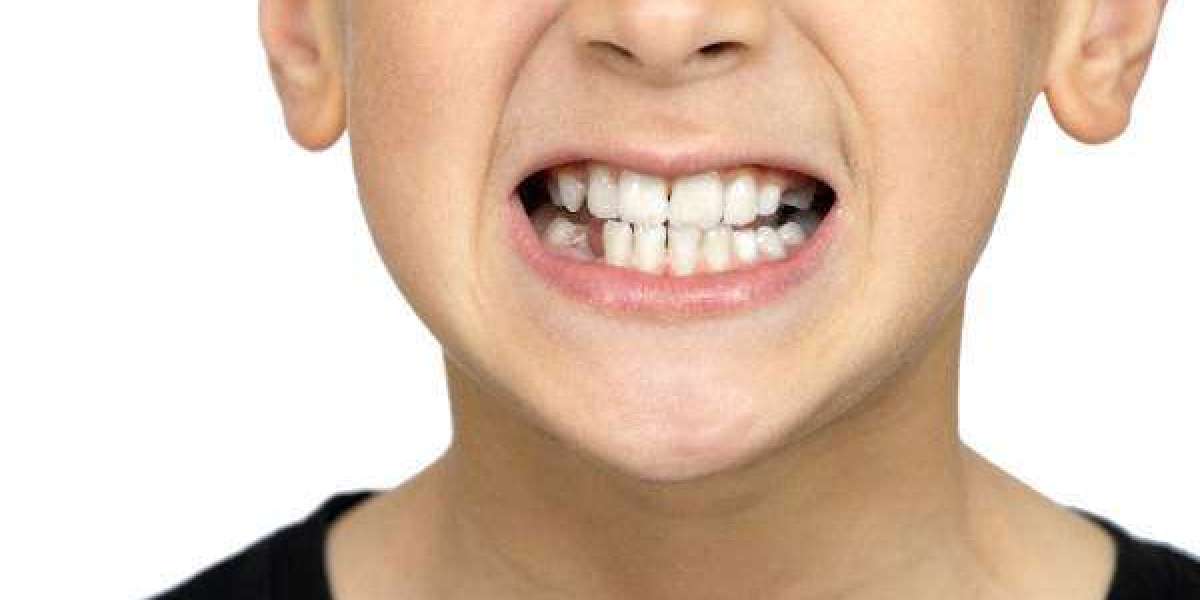Dental injuries are sudden, often painful, and can have lasting effects if not properly treated. Whether you're heading abroad or engaging in physical activity, protecting your mouth is vital. From chipped teeth during a weekend football match to knocked-out molars on a ski trip, the consequences of a dental accident can be significant.Proper preparation, awareness, and the right protective gear can prevent most of these issues. In this guide, we’ll explore how to reduce the risk of dental injuries during both sports and travel, and what to do if an emergency arises.
Understanding Dental Injury Risks
Dental injuries can range from minor chips to full tooth loss. Knowing what situations pose the highest risk is key to preventing trauma.
Common Causes of Sports-Related Dental Injuries
Contact sports like rugby, hockey, boxing
Accidental collisions in non-contact sports (e.g., basketball)
Falls from skateboarding or cycling
Misuse of protective equipment
Dental Hazards During Travel
Biting into hard or unfamiliar foods
Sudden trauma in vehicles or during flights
Slips and falls in unfamiliar environments
Lack of access to routine oral hygiene
Being mindful of these risks can help you prepare effectively before setting off or stepping onto the pitch.
Top Strategies to Prevent Dental Injuries During Sports
Playing sport doesn't mean putting your teeth at risk. With proper precautions, you can enjoy physical activity safely.
1. Always Wear a Custom-Fitted Mouthguard
Mouthguards cushion impacts and reduce the likelihood of broken or knocked-out teeth.
Benefits of Custom Mouthguards:
Tailored fit, improving comfort and protection
Less likely to interfere with breathing or speech
More durable than generic alternatives
A visit to an emergency dentist in Aberdeen or a general practitioner can help you get one properly fitted.
2. Use a Helmet for Contact or High-Speed Sports
Helmets aren’t just for head protection. They also prevent direct impacts to the jaw and teeth during cycling, skiing, or skateboarding.
Look for helmets with a full-face shield when playing sports like ice hockey or cricket to give your teeth an added layer of defence.
3. Avoid Chewing Ice or Hard Objects During Games
Many athletes chew gum, ice, or even mouthguard tips without thinking. This habit can cause minor cracks that eventually lead to serious dental damage.
Stick to sugar-free gum or avoid chewing altogether while active.
How to Protect Your Teeth While Travelling
Unfamiliar environments and new routines can increase the likelihood of dental issues.
1. Pack an Emergency Dental Kit
It’s easy to overlook oral care items when preparing for travel. Include essentials such as:
Soft-bristled travel toothbrush
Travel-size fluoride toothpaste
Dental floss
Pain relief gel
Orthodontic wax (if you wear braces or retainers)
Contact details for an emergency dentist in Aberdeen or wherever you’re travelling
2. Avoid Risky Foods
New cuisine can be enjoyable, but be cautious. Avoid biting into extremely hard or sticky foods that can damage fillings, crowns, or natural teeth.
Stay clear of:
Hard sweets
Popcorn kernels
Uncut apples or hard breads
Ice cubes
3. Maintain Good Oral Hygiene Habits
Travel should not interrupt your routine. Stick to brushing twice daily and flossing once per day. If fresh water isn’t available, rinse your mouth with bottled water after meals.
Video link : Brighten Your Smile with Professional Dental Hygiene
Signs of Dental Trauma to Watch For
Recognising injury symptoms early can save your teeth and reduce treatment complexity.
Symptoms That Require Immediate Attention
Severe or persistent toothache
A cracked or visibly broken tooth
Dislodged crown or filling
Bleeding gums that don’t stop
Pain when biting down
If any of these signs appear, seeking care quickly from a professional such as an emergency dentist in Aberdeen can prevent long-term issues.
Immediate Steps to Take After a Dental Injury
Even with preparation, accidents can still happen. Knowing what to do in the moment can make a significant difference.
What to Do for a Knocked-Out Tooth
Pick up the tooth by the crown (not the root)
Rinse it gently with milk or saline don’t scrub
Try placing it back in the socket if possible
If not, keep it in milk or a clean container
Visit a dentist within 30 minutes for the best chance of saving it
Managing Chipped or Broken Teeth
Rinse mouth with warm water
Apply a cold compress to reduce swelling
Keep any broken pieces in a clean container
Avoid using that part of the mouth until evaluated
How Dental Implants Can Offer Long-Term Protection
When tooth loss does occur, dental implant Aberdeen services offer a durable, functional replacement. Implants restore bite function and protect against jawbone deterioration, maintaining the structure of your face and preventing neighbouring teeth from shifting.
They’re also stronger than bridges or dentures and require less maintenance long term, particularly beneficial for athletes who want stability during high-intensity movement.
If you’re replacing teeth lost due to sports injuries, speak to a specialist about how dental implant Aberdeen procedures could work for you.
Choosing the Right Dental Protection for Your Needs
Protection Gear | Best For | Level of Protection |
Custom mouthguards | Contact and non-contact sports | High |
Boil-and-bite mouthguards | General use and youth sports | Moderate |
Over-the-counter guards | Occasional users or backups | Low |
Full-face helmet/shield | High-impact and projectile sports | Very high |
Travelling with Implants or Other Dental Work
Travellers with dental implant Aberdeen restorations or other prosthetics should take a few extra steps:
Avoid biting into hard foods with implant-supported crowns
Carry documentation if flying implants may occasionally trigger airport scanners
Schedule a dental check-up before long trips
Bring spares if using removable appliances
Routine care and mindful eating can keep your implants safe during even the most adventurous travel.
Conclusion
Dental injuries can occur at the most inconvenient times on the field or thousands of miles from home. But with thoughtful preparation, protective equipment, and awareness of risky behaviour, you can reduce the chances of serious oral trauma.Long-term solutions like dental implant Aberdeen services can restore smiles after injury, but prevention is always better than cure. For expert care and guidance tailored to your active lifestyle, get in touch with the team at EDA.








